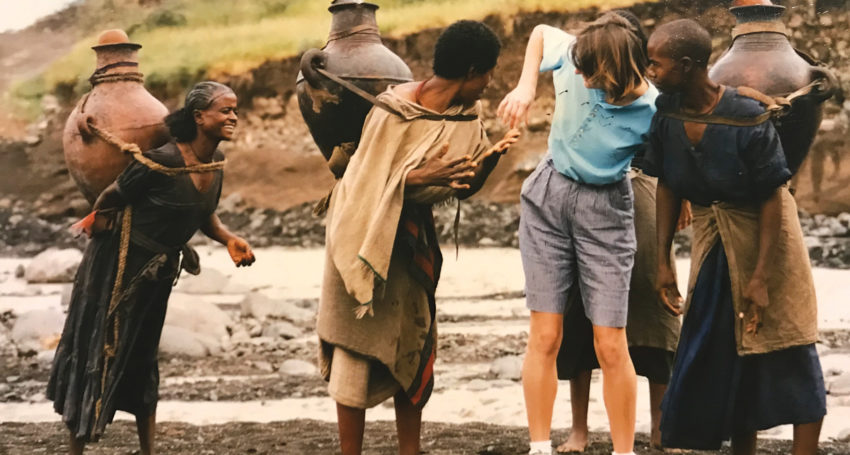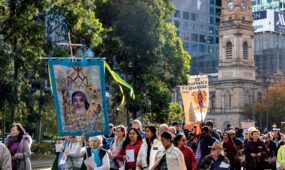Overseas conflicts close to home
Opinion
I have been saddened to see a flare up of hostilities in two countries that hold a special place in my heart – Israel and Ethiopia.

The crisis in the Gaza Strip has received extensive media attention since fighting broke out last month, resulting in the death of innocent civilians, including children.
At the time of writing, a ceasefire was providing welcome relief to citizens on both sides but any prospect of a peaceful solution to this decades-long conflict was looking unlikely.
It brought back memories of my time as a volunteer on a kibbutz in the Negev desert where Palestinian Arabs from the Gaza strip would be bussed in each day for labouring work. Back then I was able to travel on weekends to their homes in the coastal town of Gaza and meet their families – a far cry from the blockade imposed on the region by the Israeli Government after Hamas took control in 2007.
Advertisement
Living in Israel was a massive eye-opener for a young, naïve journalism graduate from Adelaide; I celebrated my 21st on the kibbutz on June 7, just one day after war broke out between Israel and Lebanon, prompting most of the young men on the kibbutz to be conscripted for service.
I hitch-hiked to the north of the country and got a lift in an army truck to a base in the Golan Heights where I sneakily took some fairly interesting photos (I was an aspiring journalist remember) of the army base and a katyusha rocket on the border with Lebanon. Not surprisingly, those photos got me in trouble a few months later when I travelled to Egypt and on my way back to the kibbutz in Israel I was stopped at the Gaza checkpoint and interrogated about the curious contents of my rucksack.
It all seems ridiculously risky now and if one of my kids did what I did back then, God knows how I would react. Fortunately there was little communication with my folks back home and when the letters did finally reach Adelaide it was far too late for them to worry.
Sadly the problems that beset the Holy Land in 1982 and before have not gone away.
The situation in northern Ethiopia, while much less known by the rest of the world, is also a case of innocent people again getting caught up in a long and bloody conflict. Last year the Ethiopian regime launched an offensive against the Tigray People’s Liberation Front which has been fighting for regional autonomy since the 1970s.
Advertisement
While journalists are forbidden from entering the region, the United Nations says more than 5 million people, the great majority of Tigray’s population, urgently need assistance, and an estimated 1 to 2 million people have been displaced from their homes, with more than 63,000 fleeing to Sudan.
When I was living in Ethiopia in 1988-89, fighting between the Tigray rebels and President Mengistu’s forces was so close to where we were living in the northern province of Wollo that we could hear the sound of machine gun fire in the middle of the night. At one point my husband and I were evacuated from our United Nations Development Project compound to the capital of Addis Ababa and another time we were forced to sleep for several weeks in a ‘hotel’ in a village further away from the fighting. We found this a little strange as there was probably a greater risk of hitting a landmine on the way there and back than staying in one place.
It was a common occurrence to pass through checkpoints where machine gun-wielding soldiers caused us a degree of nervousness.
For the locals, the daily task of carrying large pots of water to their homes and eking out a meagre existence off the land overshadowed the threat of war. The resilience of these proud Ethiopian people and their wonderful hospitality towards we ‘forengees’ (foreigners) makes news of the current conflict all the more depressing.
Like the Palestinians in Gaza, they deserve peace. Let’s pray that one day soon it will come.







Comments
Show comments Hide comments